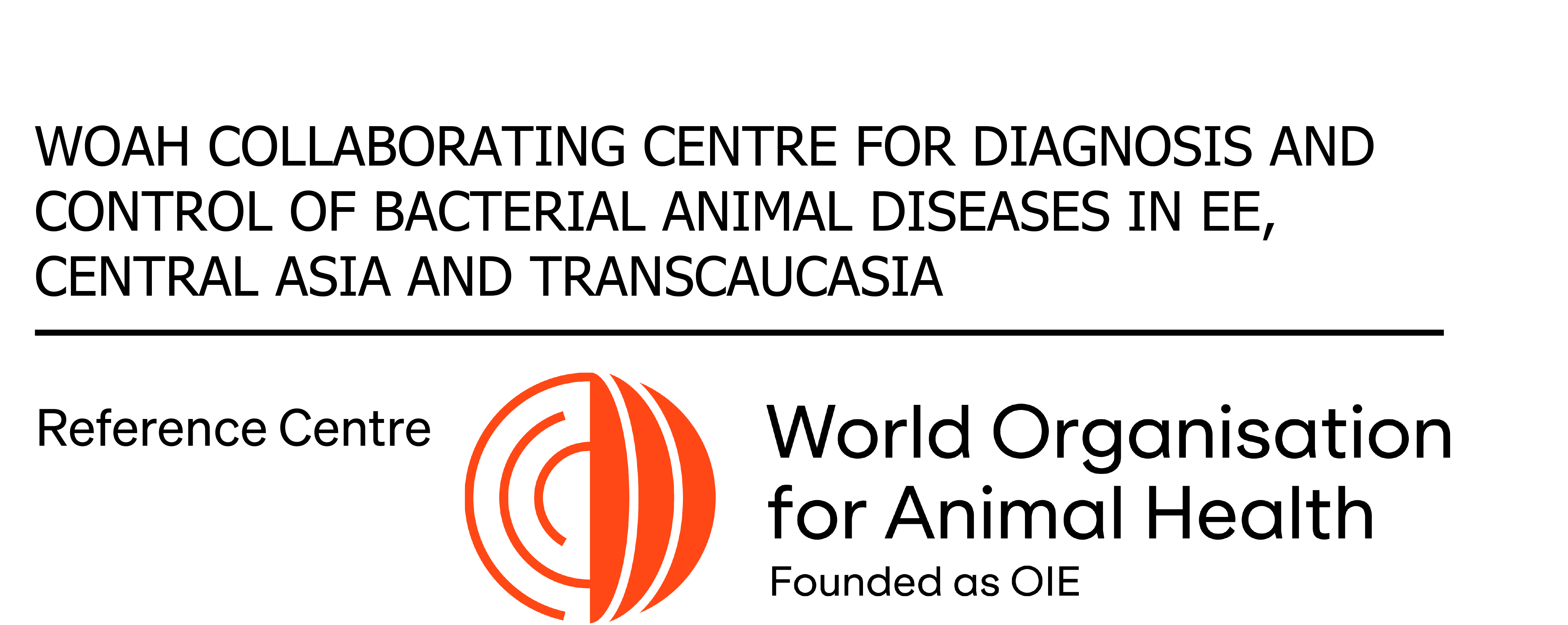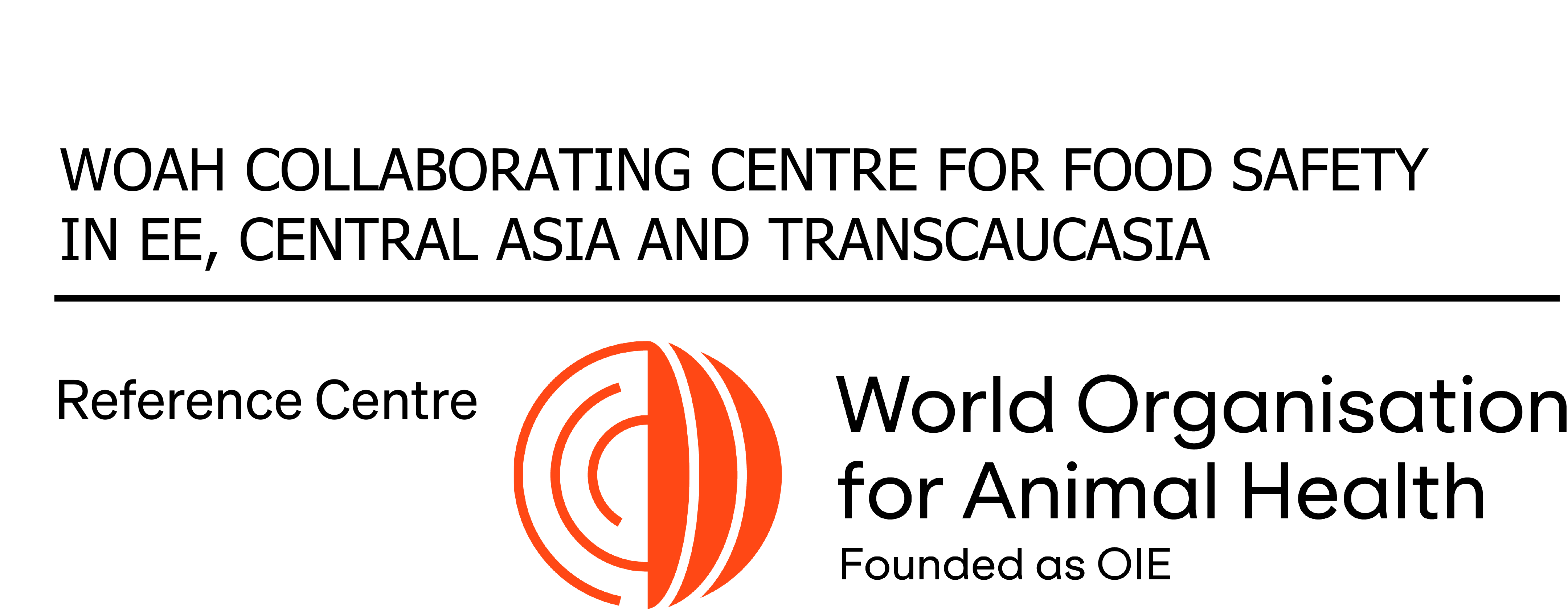vgnki develops new procedures for quality control of livestock products
In recent years, food safety and control of residual antibiotic content become more relevant. In this context, the work of the Russian State Centre for Animal Feed and Drug Standardization and Quality (VGNKI) aimed at developing new screening methods for the determination of macrolides in livestock products is of particular importance.
Macrolides are a class of antibiotics that are used to control different infections. Macrolides have a unique macrocyclic lactone structure and are recognized as one of the safest groups of antibacterial medicinal products. However, despite their safety, there is a risk of developing of bacterial resistance, which makes monitoring the content of these substances in food extremely important.
The goal of the VGNKI’s project is to create effective and accurate immunochemical methods for screening macrolides. These methods will allow the analysis of a large number of samples with minimal cost and time for sample preparation, which is a significant advantage over existing methods, such as high-performance liquid chromatography with mass spectrometric detection (HPLC-MS).
The objectives of the study include:
- data analysis to select the optimal working procedure;
- synthesis of macrolide conjugates with carrier proteins;
- animal immunization to obtain specific polyclonal serums;
- antiserums testing for activity and potency.
It is expected that the results of these studies will improve quality control of livestock products and help to prevent risks to consumer health. The development of such procedures is an important step in ensuring food safety and protecting public health.
This initiative of VGNKI highlights the importance of innovative approaches in the field of veterinary pharmacology and food safety and will, undoubtedly, contribute to improving quality standards in this area.





